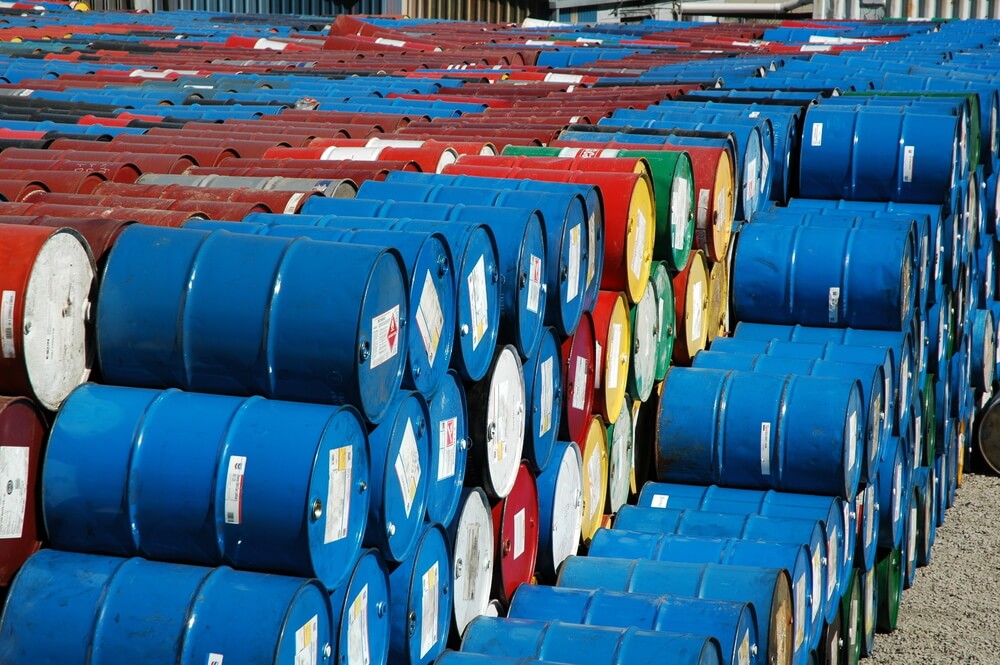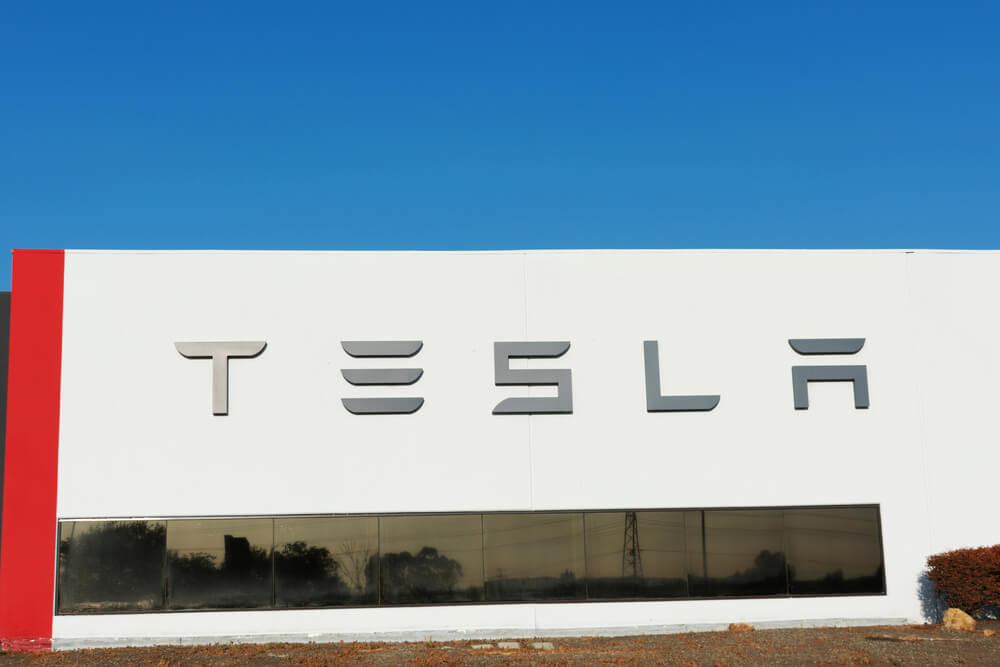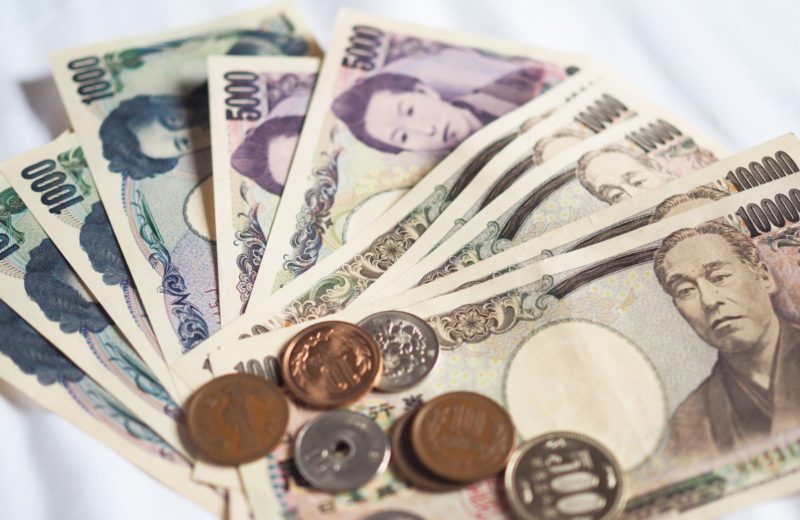Oil price reached a multi-month high as the market expects that the Organization of Petroleum Exporting Countries and allies will keep its current output levels until February.
According to analysts, investors are currently pricing the crude market based on such an assumption.
Brent crude futures settled at $53.17 per barrel while the benchmark’s contracts for March delivery hiked by 2.2%. This translates to a $1.14 increase to $52.94 per barrel.
Following the upward trend, the West Texas Intermediate hiked just below the $50 mark at $49.71 per barrel. This is the contract’s highest hike since March of last year.
Consequently, WTI futures for February delivery gained 98 cents for the day after a nearly 2% jump. The contract traded at $49.50 per barrel during the early morning session.
The weakening of the US dollar also provided support for oil prices.
The greenback is currently moving near its 2018 high after falling to the 89-point threshold against other entities in the basket of currencies.
For the record, crude prices ended last year almost 20% behind the 2019 average.
The continued adoption of strict containment mechanisms remains one of the biggest pullers for the commodity’s advance.
In the United States, oil production remains under pressure as crude inventory continues to dwindle one week after the other.
For October of 2020, the output is down by an average of 2 million barrels per day compared to the pre-pandemic era.
Nevertheless, the recent periods provided a needed breather after reported better-than-anticipated draws from leading regulatory agencies.
OPEC’s Anticipated Meeting
OPEC+ member states are scheduled to meet later in the day to discuss the organization’s policies and decisions for the coming months.
In December, the association decided to ramp up its daily production by 500,000 barrels amid the emergence of the vaccine from Pfizer and BioNTech.
According to reports, OPEC’s most prominent members have voiced out their opposition to increasing crude output for February.
This move is in response to the flagging demand as many on the world’s leading economies continue to record growing number of case. This weighs down the approval of the AstraZeneca inoculation.
The United Kingdom became the first country to give a go signal in the emergency use of the shot before last year ended.
Sources familiar with the matter noted that the stance to keep output in the status quo is following the need to stabilize oil price in the international fora.
Kuwait’s oil minister noted that he expects a gradual recovery in demand to start after the second half of the year.
















